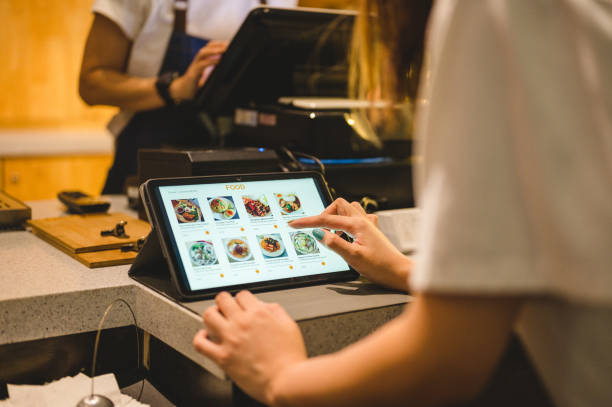Are You Selling Recipes, E-Gift Cards, or Cooking Classes? Let’s Talk Taxes
You know what’s funny? Most restaurant owners don’t think of themselves as digital product sellers. But the moment you start offering downloadable recipes, e-gift cards, or access to online cooking demos—bam, welcome to the world of digital commerce. And it comes with a tax twist.
Taxes on digital goods aren’t just a big business issue anymore. Small, family-owned spots are getting caught in the same net. If you’re a restaurant that’s embraced digital offerings—even just a handful—your tax reporting just got more complicated. But complicated doesn’t have to mean confusing.
Let’s sort through the noise.
So, Are Digital Sales Even Taxable?
Short answer: sometimes. Long answer? It depends on your state, how the digital product is delivered, and even what it’s called.
Take California—it doesn’t tax digital goods like eBooks or PDFs. But jump over to Washington or Texas? Different story. Some states view digital products the same way they do physical goods, which means if you’re selling that beautifully designed “Holiday Brunch Recipe Pack,” you might owe sales tax.
And it’s not just about whether you charge the tax. If you don’t and you should have, you could be liable later—plus penalties.
The Accounting Part—It’s Not Just About Spreadsheets
Now, here’s where restaurant owners start sweating: how do you record this stuff properly in your books? Let’s break it down.
When it comes to accounting for digital sales, the method you use really matters. Most restaurants operate on the accrual basis—meaning you recognize revenue when the sale is made, not when you get paid.
That downloadable meal plan someone bought on your site in December but didn’t pay for until January? That’s December revenue. If you’re still using cash basis accounting (especially common for smaller or newer restaurants), that revenue hits in January.
Both are valid methods. But mixing the two? Recipe for confusion, and potential IRS scrutiny.
Gift Cards Sound Easy—But They’re Sneaky
You might think e-gift cards are simple. After all, no product is being delivered until it’s redeemed, right? Well… sort of.
For tax purposes, gift cards generally aren’t considered taxable income when sold. Instead, the sale gets recognized when the card is used—unless it expires or goes unused for too long (hello, unclaimed property laws). And in some states? You might still owe something on the sale depending on how the funds are classified.
The accounting needs a careful eye. You’ll want to record gift card sales as a liability, not income. Then, when someone redeems it—whether for a Sunday brunch or a bottle of house-made hot sauce—that’s when the revenue clocks in.
What If You’re on Shopify or Toast? You Still Need to Know What’s Happening
Sure, your POS system is doing the math for you—but garbage in, garbage out. Just because Shopify or Toast is automating sales tax doesn’t mean it’s doing it right.
Do a quarterly check-in:
-
Is your state tax nexus set up properly?
-
Are your digital products classified correctly?
-
Are refunds being reported accurately?
Don’t assume the tech is smarter than your accountant. You still need oversight, and ideally someone who understands both foodservice and the quirks of digital revenue streams.
Quick Tips to Keep Things Compliant (and Your Sleep Peaceful)
-
Know Your Nexus: If you’re selling digital products outside your state, you might be triggering sales tax responsibilities elsewhere.
-
Separate Product Types in Reporting: Don’t lump gift cards, physical products, and digital downloads together. Each one follows its own rules.
-
Stay Accrual-Minded: Even if you’re still cash basis, start thinking accrual—especially if you’re growing.
-
Talk to a CPA Who Gets the Industry: Tax is not one-size-fits-all. And digital tax rules for restaurants? Even less so.
Here’s the Thing—Digital Isn’t Optional Anymore
COVID made us all rethink the way food businesses operate. Online ordering, QR-code menus, Zoom cooking classes—they’re all part of the new reality.
And yeah, it’s more work. But it’s also more opportunity. Digital products are scalable, margin-friendly, and great for brand building. You just need the right tax and accounting structure to support them.
So if you’re offering a downloadable “Secret Sauce” recipe bundle or virtual wine tastings, good on you. Just make sure your backend is as polished as your plating.

